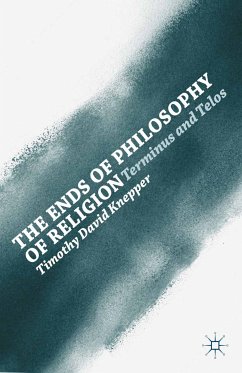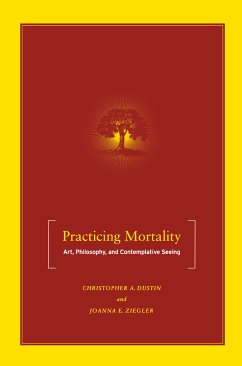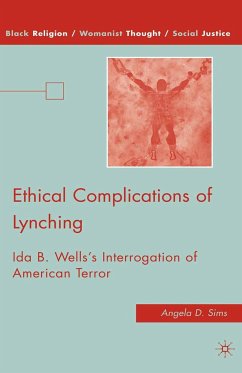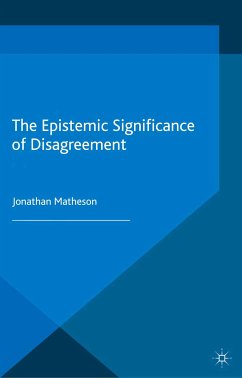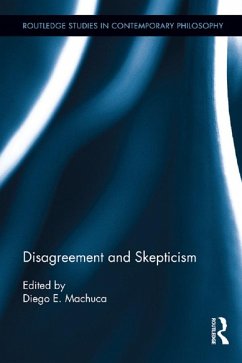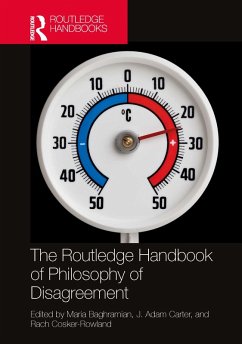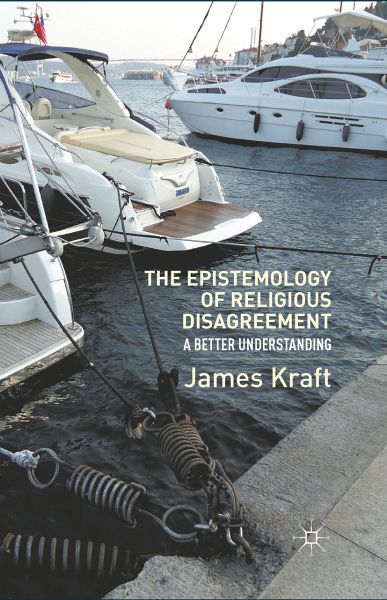
The Epistemology of Religious Disagreement (eBook, PDF)
A Better Understanding
Versandkostenfrei!
Sofort per Download lieferbar
40,95 €
inkl. MwSt.
Weitere Ausgaben:

PAYBACK Punkte
20 °P sammeln!
Many assume falsely that religious disagreements engage rules of evidence presentation and belief justification radically different than the ordinary disagreements people have every day, whether those religious disagreements are in Sri Lanka between Hindus and Buddhists or in the Middle East among Jews, Christians, and Muslims.
Dieser Download kann aus rechtlichen Gründen nur mit Rechnungsadresse in A, B, BG, CY, CZ, D, DK, EW, E, FIN, F, GR, HR, H, IRL, I, LT, L, LR, M, NL, PL, P, R, S, SLO, SK ausgeliefert werden.



